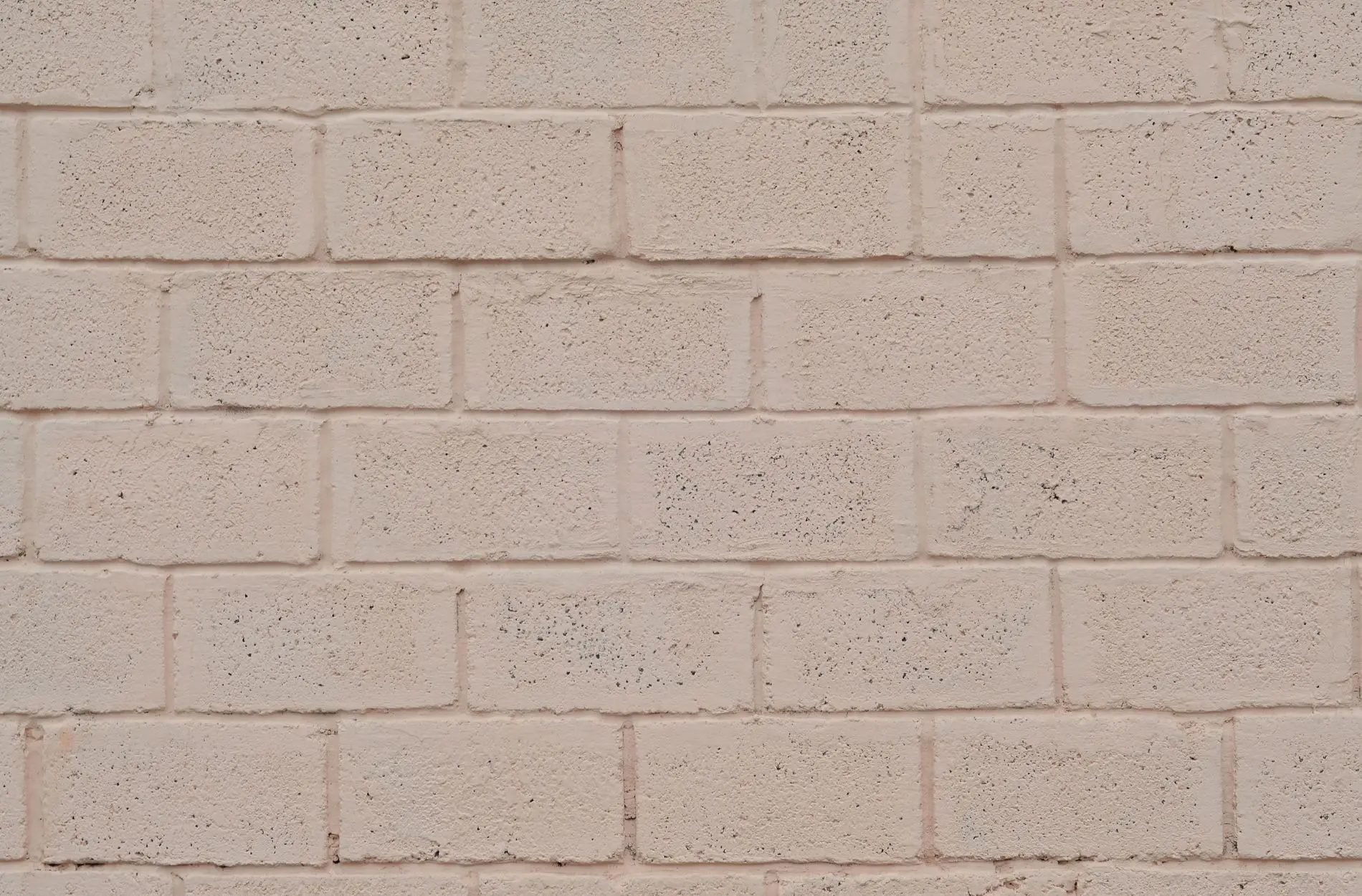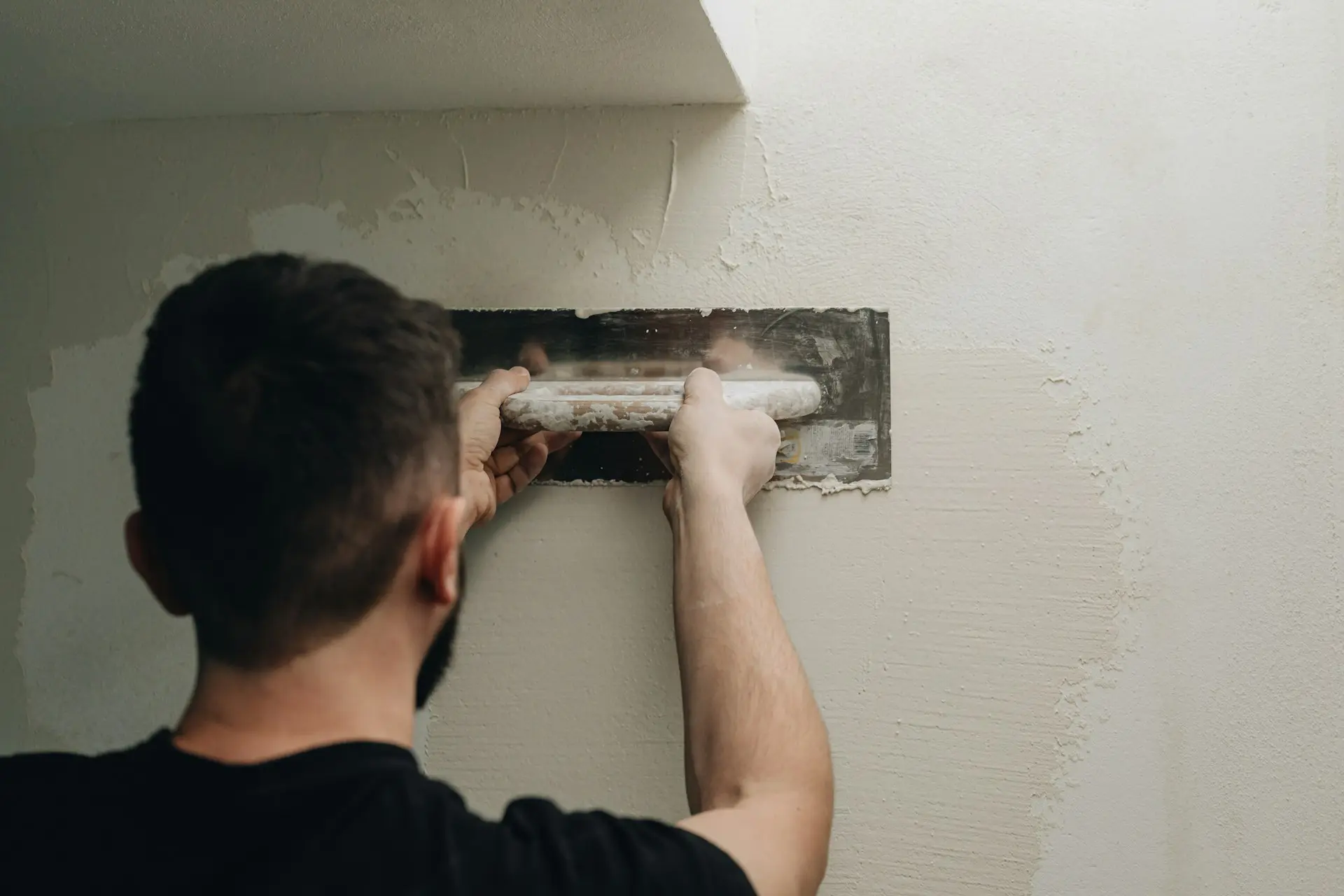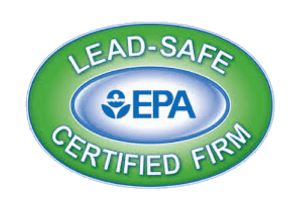Common House Paints and Products Explained
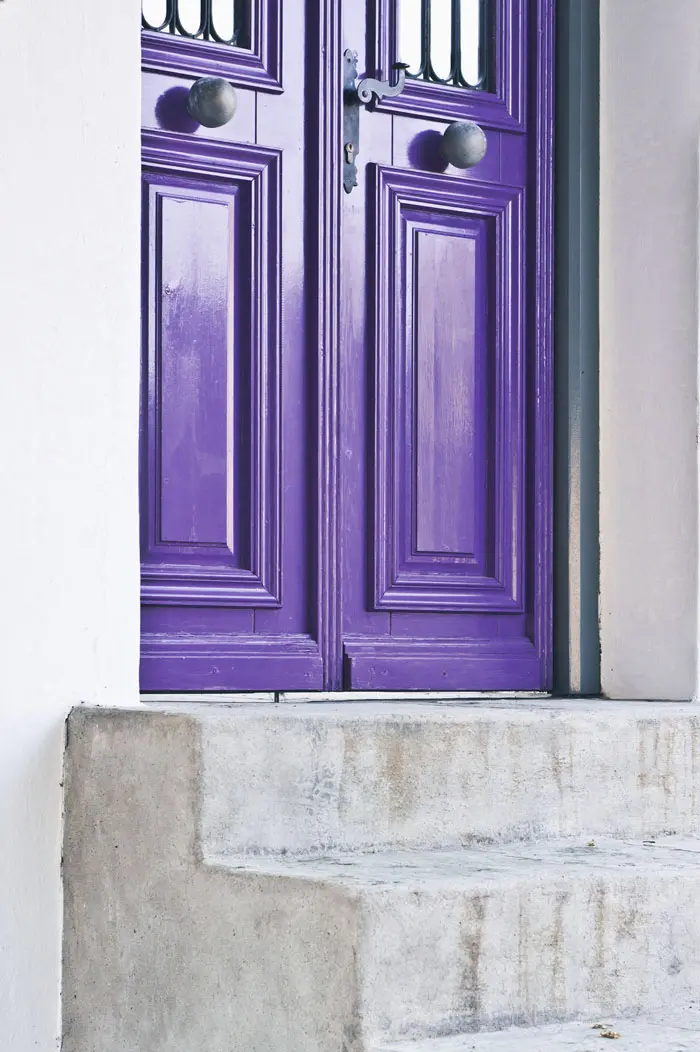
If you’ve ever set out to buy paint for your home with no specific product in mind, you’ll know how confusing it can be. You rock up to the hardware store, hit the paint aisle and find yourself staring at (literally) thousands of different products from dozens of manufacturers. Each looking fantastic on the can and making all manner of promises as to how amazing it is.
Precisely why thousands of homeowners buy randomly…and buy wrong!
If you ask us, as many do, there are just a handful of things you need to know to get it right when buying paint. As we’ve said time and time again, nothing matters more than sticking with a brand you know you can trust. Compromise on quality and you compromise on the result – it really is as simple as that.

But as for the different types of paints available, there are basically just two kinds of paint to choose from: oil-based and water-based. Nevertheless, there are also various primers, enamels, acrylics and so on to make sense of. This is where it’s important to know what you need, in order to work out what to buy.
So in the simplest and briefest terms possible, what follows is a brief overview of the seven most common types of house paint, along with their respective uses and limitations:
-
Primer
First up, we’re not here to join the debate as to whether primer should or shouldn’t be classified as paint. The fact is you need to paint a good coat or two of primer onto almost every surface, if looking to create the best possible results. And not only this, but you need to ensure you make the right decision between oil or water-based primer. If using water-based paint, you need to use a water-based primer respectively.
-
Interior and Exterior
More often than not, manufacturers make it abundantly clear if and to what extent their products can be used indoors or outdoors. Some are made specifically with one purpose in mind, others claim to be perfect for interiors and exteriors alike. If in any doubt, it’s usually better to stick with oil-based paints and products for your home’s exterior surfaces. Oil-based paint is perfectly appropriate to use indoors, but water-based paint isn’t typically a good choice for exteriors.
-
Water-based vs. Oil-based
If you find yourself tossing things up between water and oil-based, it’s worth remembering that water-based paint typically dries much quicker than oil-based paint. However, water-based paints create a finish that’s less durable and hardwearing than oil-based paints, which also isn’t quite as shiny and vibrant. There’s no right or wrong choice – it’s all personal preference.
-
Latex Paint
Interestingly, latex paint doesn’t actually contain any latex whatsoever. Instead, latex paints are simply water-based paints. A fact that should help reduce a fair amount of confusion in an instant, next time you go paint shopping!
-
Enamel Paint
Many paint products are labeled ‘enamel’ in reference to the durability and hardness of their finish. These are oil-based paints that produce glossy or semi-glossy finishes and are therefore designed for use around doors, windows and for other trims around the home. You could paint an entire wall with enamel paint if you like, but the resulting luster may be a little excessive.
-
Acrylic Paint
In this instance, acrylic paint does indeed contain acrylic in its formulation. This is the binding ingredient in the paint – acrylics being water-based paints for use around the home. Things appear complicated when considering the various types available, which include acrylic latex, acrylic enamel and acrylic latex enamel. Not to mention the fact that not all acrylic paint actually contains acrylic – you’ll need to consult the individual labels to determine whether or not this is the case.
-
Specialty Paints
Last but not least, there are endless different types of specialty paints on the market with an extraordinary range of beneficial properties. Some paints are designed to be fire retardant, others are resistant to mold and mildew, some transform surfaces into chalkboards and some are magnetic. In all instances, it’s important to see what the manufacturer says regarding compatibility of specialty paints with the surfaces you have in mind.
To learn more about the different types of paint or to discuss any aspect of home painting in more detail, get in touch with a member of the Homm CPS customer support team today.

